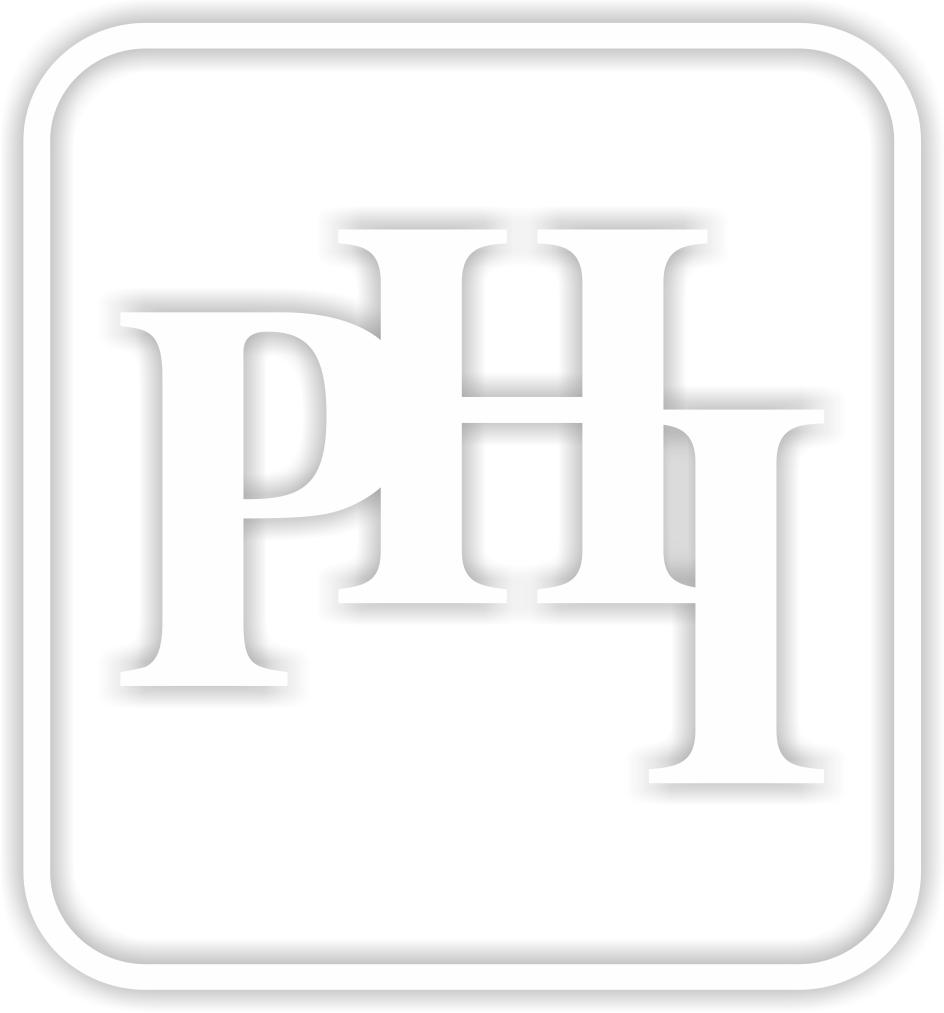We all know a teacher from school or college whom we loved! Teachers have been an integral part of our childhoods. They guide us not only through our educational curriculum but also serve as role models in life and shape our overall attitudes and beliefs. For example, a teacher who teaches physics but believes in sustainability practices may also influence their students’ attitude towards the environment. For this reason, we believe, all teachers should understand their value and just how important they are in the growth and development of a child or young adult.
Over centuries, educators have significantly shaped students’ personal development, serving as mentors and role models in their formative years. In today’s fast-paced and ever-evolving educational landscape, these roles have become even more essential. Teachers must now navigate a world characterized by rapid technological advancements and a constant influx of new information. They have to navigate this technological world in order to ensure that students remain adaptable and well-prepared for this digital age.
In modern schools, teachers must integrate traditional roles with a technological dimension. As the educational environment evolves, educators have to learn to effectively utilize digital tools and resources. This integration is crucial to help students understand how to use the vast amount of information available to them in today’s digital age.
Embracing Technology and Information Literacy
In the current era of information technology, teachers face the dual challenge of integrating technology into their teaching methods while also guiding students on how to use the bottomless resources available to them via the internet. It has, indeed, brought in some pretty useful tools for teachers.
Did you know that more and more schools are using AI and other high-tech learning tools to tailor their students’ learning journey? Using technology, teachers are able to assess their students’ work in great depth and assign them a learning strategy which is most suitable for them.
Learn more about technology and assessment here-
The article explains how Cloud-based edtech tools enable teachers to evaluate students’ learning process through real-time assessments. This immediate feedback helps educators identify knowledge gaps, allowing them to personalize the learning experience to meet the specific needs of each student.
In today’s time, there is an almost bottomless range of such tools being offered by various companies. Teachers must help students understand how to use these digital tools to leverage their benefits. It is also important to teach students how to extract relevant information from the noise and how to avoid irrelevant information in today’s age of information overload. This empowers students to navigate the digital world more effectively.
Technology proficiency is a key skill for modern educators with the rise of digital tools like interactive whiteboards, educational apps, and online learning management systems. By integrating these tools, educators can now transform the learning experience, making it more interactive and tailored to individual student needs.
Today, as educators continue to fulfill their evolving roles, embracing technology and information literacy is essential for preparing students to thrive in the digital age. The combination of traditional teaching and modern digital tools enables teachers to provide a comprehensive and adaptable learning experience for their students.
Enhancing Educator Skills with PHI Learning
For educators seeking to enhance their skills and knowledge, ongoing professional development is essential. PHI Learning offers several top textbooks aligned with the current NEP 2020 syllabus in India, focusing on Teacher Education and Teacher Training. Notable titles like Teacher Education by Radha Mohan provide valuable insights and practical guidance for aspiring and current educators.

Leave a Reply